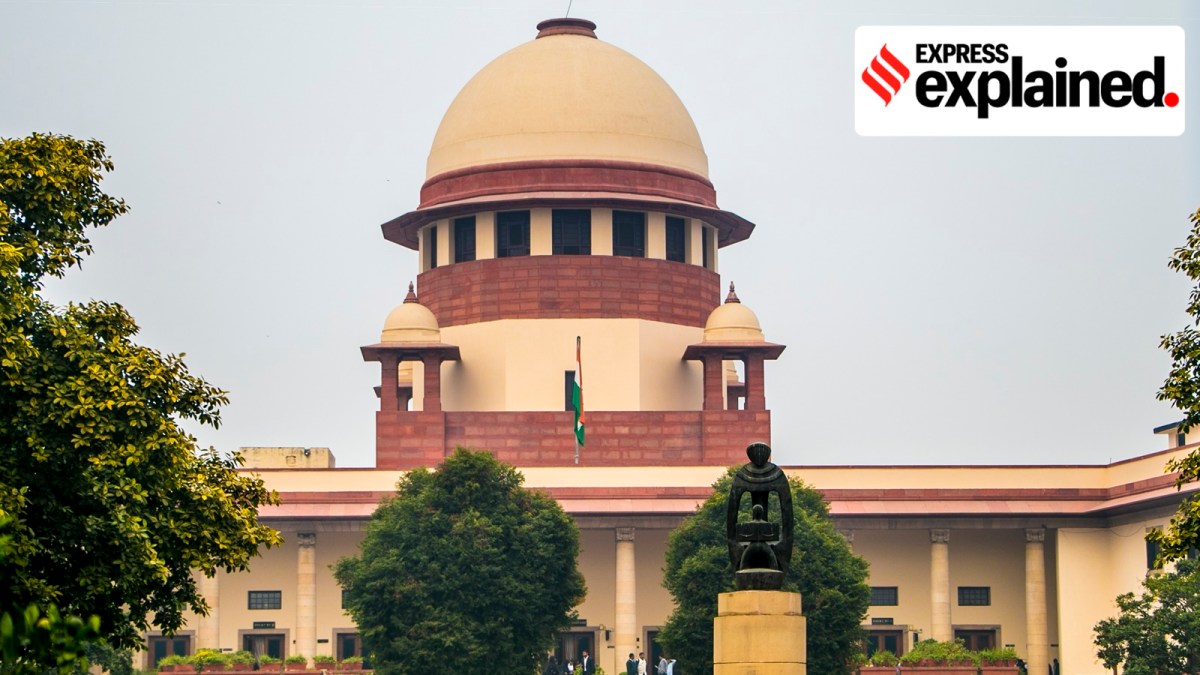Why SC has laid down guidelines for the management of DNA evidence
The guidelines by the apex court will regulate the collection, preservation, and processing of DNA and other biological materials across the country

The Supreme Court on Tuesday (July 15) laid down a set of procedural guidelines to standardise the management of DNA evidence. These guidelines aim to eliminate inconsistencies in procedures involving one of the most sensitive forms of forensic evidence in criminal law.
The development came after the apex court acquitted a man, who was on the death row for the murder of two individuals and the rape of one victim in Tamil Nadu in 2011. The SC set aside the conviction of the man, citing that the prosecution’s case was built entirely on DNA evidence, which was unreliable due to procedural deficiencies. For instance, the post-mortem was conducted in the open, and key DNA samples lacked proper documentation records.
The SC has also said the absence of a uniform procedure in the collection and use of DNA evidence, despite existing protocols, may have critically affected the investigation.
Here is a look at the guidelines and their significance.
But first, how does DNA evidence help criminal investigations?
Investigation agencies usually collect DNA samples from a crime scene to carry out DNA sampling, a forensic method used to identify individuals based on their distinct genetic characteristics.
In criminal investigations, DNA sampling helps connect suspects to biological evidence found at crime scenes, such as blood, semen, saliva, and hair.
To determine a match, a DNA sample is compared to a reference sample, typically taken from the suspect or the victim. If the profiles correspond across enough genetic markers, the findings can be presented in court as crucial evidence.
What are the guidelines?
The following guidelines by the apex court will regulate the collection, preservation, and processing of DNA and other biological materials across the country.
- Biological samples should be collected by trained personnel equipped with protective gear. After collection, samples must be immediately sealed in a tamper-proof container and clearly labelled with relevant information such as FIR number, date, sections and statutes involved, details of the investigating officer and the police station. Evidence documentation should include signatures from the medical professional, investigating officer and an independent witness.
- Samples must be transported to designated spaces/forensic labs, and the same shall be documented by the investigating officers within 48 hours. The evidence must also be stored under conditions that prevent degradation.
- The samples shall not be opened, altered or resealed without the approval of the trial court, before the start of the proceedings.
- A “chain of custody” log must be maintained that documents each phase of handling and transfer. This ensures that the evidence collected remains intact and verifiable.
Why are the guidelines significant?
Shreya Rastogi, director of Forensics and Death Penalty Litigation at The Square Circle Clinic, told The Indian Express that these guidelines underline the need for a scientifically sound and tamper-proof process in handling DNA evidence, right from the collection of the evidence.
“What the judgment makes clear is that the procedure for dealing with DNA samples must itself be robust, ensuring that collection, storage, and testing are all carried out in a way that rules out contamination, degradation, or tampering at any stage,” Rastogi said.
She has also noted that these guidelines will bring uniformity in practices across states, thereby doing away with issues such as inconsistencies in the analysis and reporting of forensic evidence.